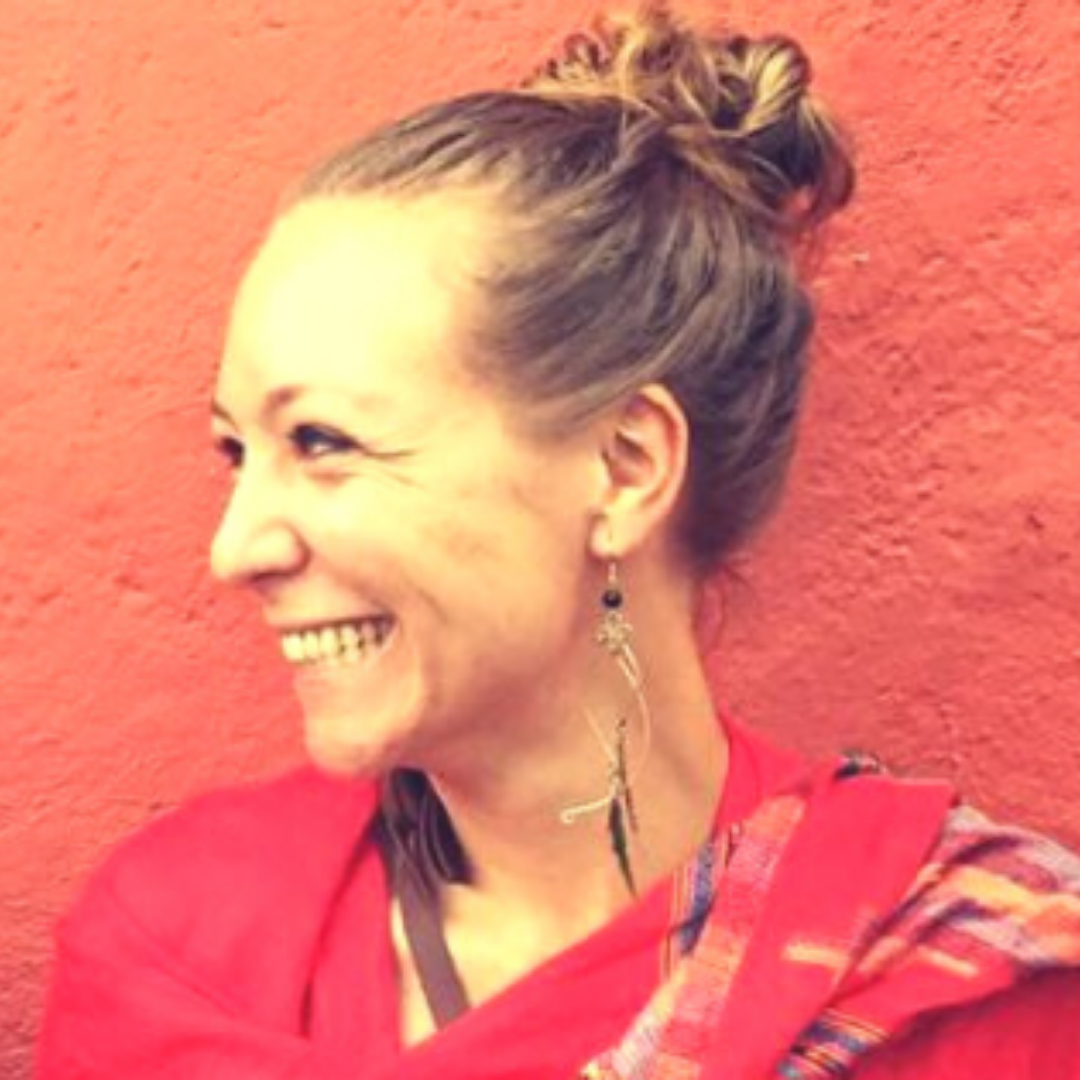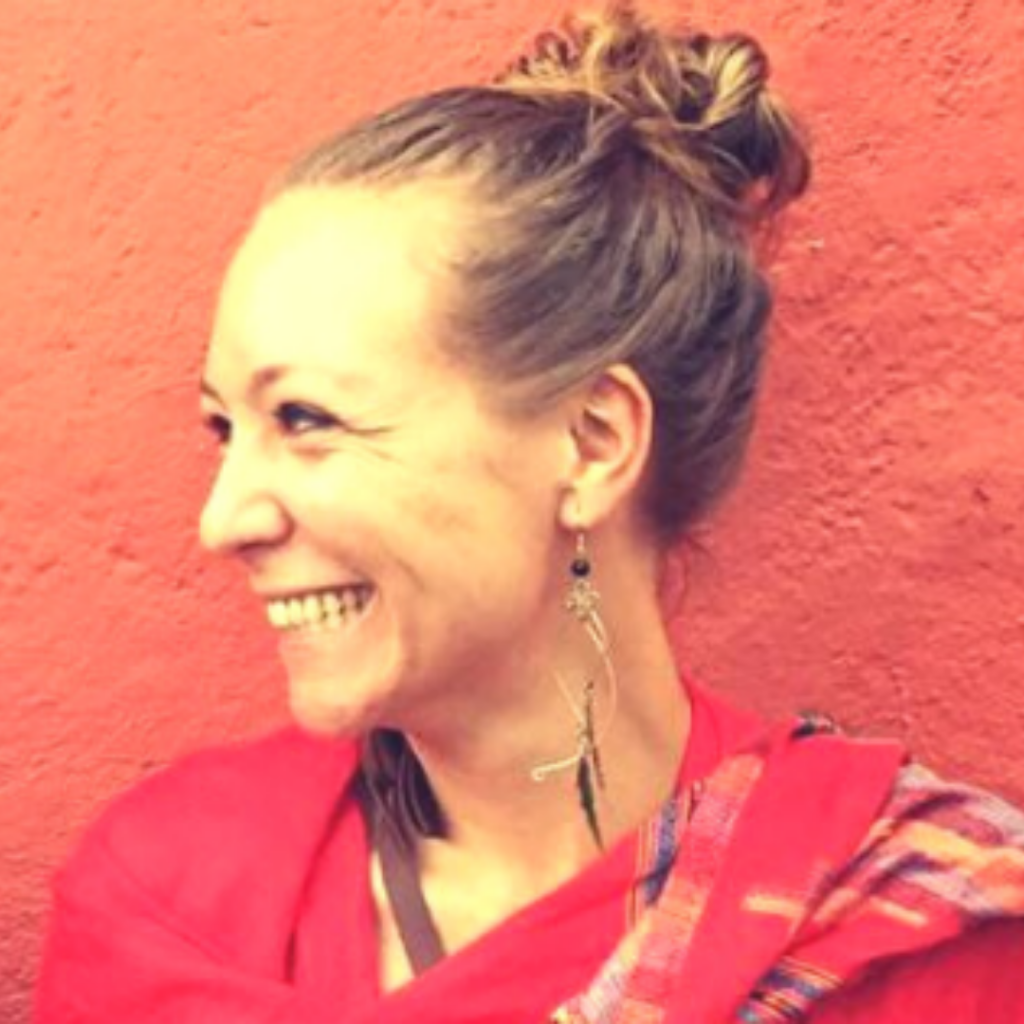Ana has dedicated her life to social innovation and social entrepreneurship. She studied International Relations in Switzerland, where she began her career at the Impact Hub Zurich. She has lived and worked in Vietnam, Costa Rica, Mexico, Spain and Germany. She worked in a social consulting firm managing projects on financial inclusion, gender equality or technological inclusion throughout Latin America and is currently dedicated to her two social businesses: Efecto Colibrí and Rooral. She founded Efecto Colibrí in 2019, a platform that connects social entrepreneurs with people, knowledge and tools to create and grow their positive impact. In less than a year they built a community of over 2,500 change agents in Spain and Latin America. Ana is also co-founder of Rooral, a project that was born to close the gap between the rural and the urban. Rooral offers the possibility of working remotely from a village surrounded by nature and connecting with a community.
On May 7, I received the following email from Ilka Hennet (who you will meet shortly!) at BMW Foundation. It read something like this:
“Dear Anika,
When I was talking about Social Venturers the other day it became clear that I absolutely need to make a connection here: It is my great pleasure to introduce you to Ana, Founder of Efecto Colibri:
Efecto Colibrí (hummingbird effect in English) promotes social entrepreneurship through the facilitation of content and the generation of networks among people determined to act to achieve the Sustainable Development Goals. Efecto Colibrí gives voice to initiatives that have a positive impact on our society and environment, positioning social entrepreneurs and experts to raise awareness about alternatives contributing to create a more sustainable and just reality.”
Two weeks later, we found ourselves on an intercontinental call so I could learn more about Ana and Efecto Colibri. Ana explained:
“We founded Efecto Colibri two years ago to respond to the urgent need across Spanish-speaking changemakers to find a platform to access the knowledge and people they needed to create and grow their positive impact. We started with a simple email to find out what questions were most common across social innovators and entrepreneurs. Central issues, as it turned out, revolved around
- Personal challenges
- Access to the right people
- Finances, Marketing & communication
From there, we built out the three pillars that are now Efecto Colibri. In our work, we focus on
- The person
- The network/ecosystem.
- The project
With the landslide of questions we were trying to answer, we were quickly at capacity and realized we needed to bring more people to the table. Through blog posts and our podcast, we explore topics specific to social innovation, impact and entrepreneurship with experts from the field. In short, we exist so that social innovation becomes the new normal. How do we do it? Giving voice to social innovators and enabling knowledge exchange between veterans and newcomers with common objectives.
The subject matter experts help address concerns around business and social impact while the coaches focus on the personal development of the social innovators in our network. We place a high value on fostering the exchange of knowledge and that´s why we connect innovators among each other and foster a spirit of peer support. We want to make it easy for anyone who has an interest in social innovation and entrepreneurship to easily get access to that community, to find their way and their place.”
From Switzerland to Latin America
Ana received both her undergrad and masters degree at the University of St. Gallen, followed by an entrepreneurship bootcamp at MIT.
“While my studies focus on international relations, I always had a deep interest in social change and impact. As part of my masters degree, I moved to Costa Rica and supported an NGO analysing and measuring their impact. Following my graduation, I spent over three years in Latin America working with FUNDES, a consultancy that specializes in the development of micro, small and medium enterprises. I specialized in change management strategy and worked on projects to leverage digitalization for social change.
While working in Mexico, which has an incredible energy, I began to realize that I wasn’t taking care of myself. I started talking to my friends who were all in the social impact ecosystem, and the challenges resonated:
We all need relationships with people who share your values.
Based on that realization, I started to find the right people to build the team that would become Efecto Colibri. We are now eight people strong with ambassadors in Argentina, Bolivia and Mexico.”
A Regenerative Systems Approach to Social Impact
“I believe in an integral/whole systems approach to the way we shape relationships. Our reality depends on the relationships we establish. The relationship to ourselves, the relationship to others and the relationship to nature. I’m convinced that thinking, feeling and acting in terms of regeneration is the right approach to co-create processes that restore, renew or revitalize the sources of energy, nature and society. We have an opportunity to create resilient, compassionate and equitable systems that integrate the needs of society with the integrity of nature.
We as humans have learned to relate to others in a hierarchical way: very few large organizations (and people) organize the world. Unfortunately, we have adopted that very same structure in the “do good” ecosystem and I suppose it’s normal: We didn’t learn to do it in another way.
Too often I have experienced that people who want to do good weren’t able to do so, simply because they didn’t have access to the right people and resources.
If we want to start building a regenerative human society (in order to save the planet and ourselves), we’ll need to create more horizontal structures, we’ll need to decentralize and empower, we’ll need to move away from codependent relationships to interdependent relationships. With Efecto Colibri we want to contribute to a world where we as individuals are empowered and interdependent.”

Ana Amrein Esnaola
Berlin, Germany.
Swiss-Spanish expat. Founder and ecosystem builder.
